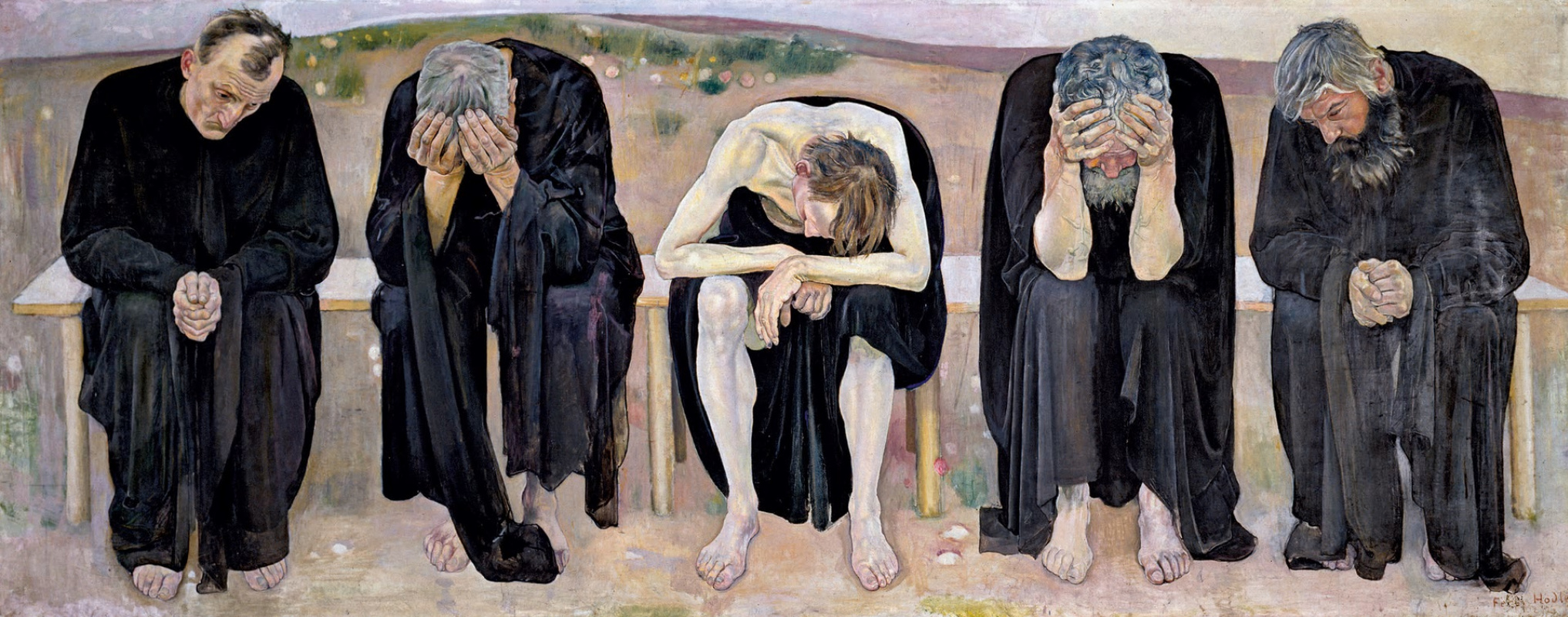Psychosomatic Mental Illness: A Hypothesis
Urte Laukaityte
Philosophy
UC Berkeley
My work introduces and defends the idea of psychosomatic mental illness (PMI) by analogy with the documented case of psychogenic bodily symptoms. In particular, I suggest that the same type of cognitive mechanism that underpins psychogenic bodily conditions could be extended to the domain of psychiatry, as there is no reason to restrict the content of the relevant subconscious self-directed beliefs likely generating the symptoms. Importantly, this proposal does not deny the existence of organic mental disorders nor does it imply that PMI would somehow be less debilitating or severe. Under this conception, patients with a variety of symptom presentations could in fact comprise instances of PMI. I suggest that certain currently mysterious psychiatric categories, such as culture-bound syndromes, transient mental illness, and mass hysteria, may turn out to be underpinned by PMI in terms of their cognitive mechanism. However, even organic mental illness might in certain cases be mimicked by PMI. Moreover, mixed presentations involving organic and PMI-based symptoms should be expected in practice, all of which means that there is an array of theoretical and clinical implications to consider.
Image credit: The Disappointed Souls, Ferdinand Hodler (1892)

